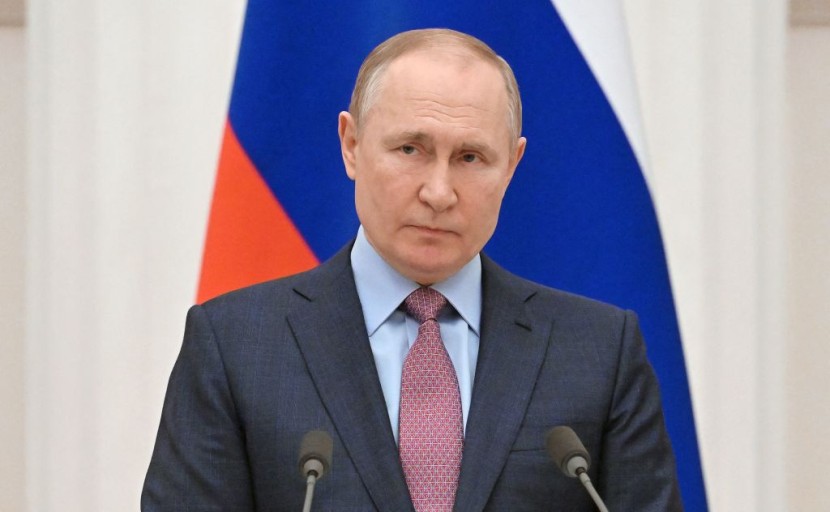Russian President Vladimir Putin has announced his intention to seek another term in the upcoming March 2024 elections, which possibly extend his tenure in office until 2030 at the earliest. He announced the news Friday, December 8, following a Kremlin ceremony, CNN reported.
During the elections that will be held on March 17, 2024, Putin will run for president for a fifth time. He has been in office for almost 20 years and wants to continue firmly holding on to power.
In addition, this will be the first presidential election in which citizens of the regions of Donetsk, Luhansk, Zaporizhzhia, and Kherson--all of which were seized by Russia from Ukraine during the conflict--would be able to cast ballots. Local elections in these places, which authorities supported by Russia allegedly staged, were already denounced by the international community as being fraudulent.
The Kremlin has issued no official statement about Putin's candidacy as of yet.

Rise to Power
When Boris Yeltsin suddenly handed Putin his presidency on New Year's Eve 1999, Putin had already served as acting prime minister of Russia since August of that year.
He stepped aside in 2008 after serving two four-year terms as president because he could not legally seek reelection. In place of him, Dmitry Medvedev was inaugurated as president, and Putin was re-elected to the position of prime minister.
However, he got back into the presidency in 2012 and has not let go of the reins since. Putin was able to secure his reelection in 2018, and in 2021, he signed a bill that allowed him to seek reelection for two further six-year terms.
Autocratic Leadership; War in Ukraine
In March next year, Putin is anticipated to encounter little resistance. However, political opponents who dared to challenge his autocratic leadership faced the same consequences: exile, incarceration, or mysteriously executed deaths.
In August, Russian opposition leader Alexey Navalny was handed a 19-year jail term on accusations of extremism. The detention of Navalny, according to him and his followers, was an attempt to censor his criticism of Putin for political reasons.
In 2020, he was sent from Russia to Germany after his poisoning with the nerve toxin Novichok, which was used during the Soviet period. After being airlifted from Omsk, a city in Siberia, Navalny turned up comatose at a Berlin hospital. CNN and Bellingcat found the Russian Security Service responsible for Navalny's poisoning.
Russia adamantly denies any role in the poisoning of Navalny. Putin said in December 2020 that the Russian security services "would have finished" the assassination attempt on Navalny if they had desired to do so.
Despite its costs, the war in Ukraine is still widely supported in Russia, even if it is hard to assess.
The Kremlin strives to keep the Russian public insulated from the fight, but Ukraine has frequently attacked towns throughout Russia, even the Kremlin.
Earlier, Russia announced a 170,000-troop surge earlier this month as its invasion of Ukraine continues.
© 2025 HNGN, All rights reserved. Do not reproduce without permission.








